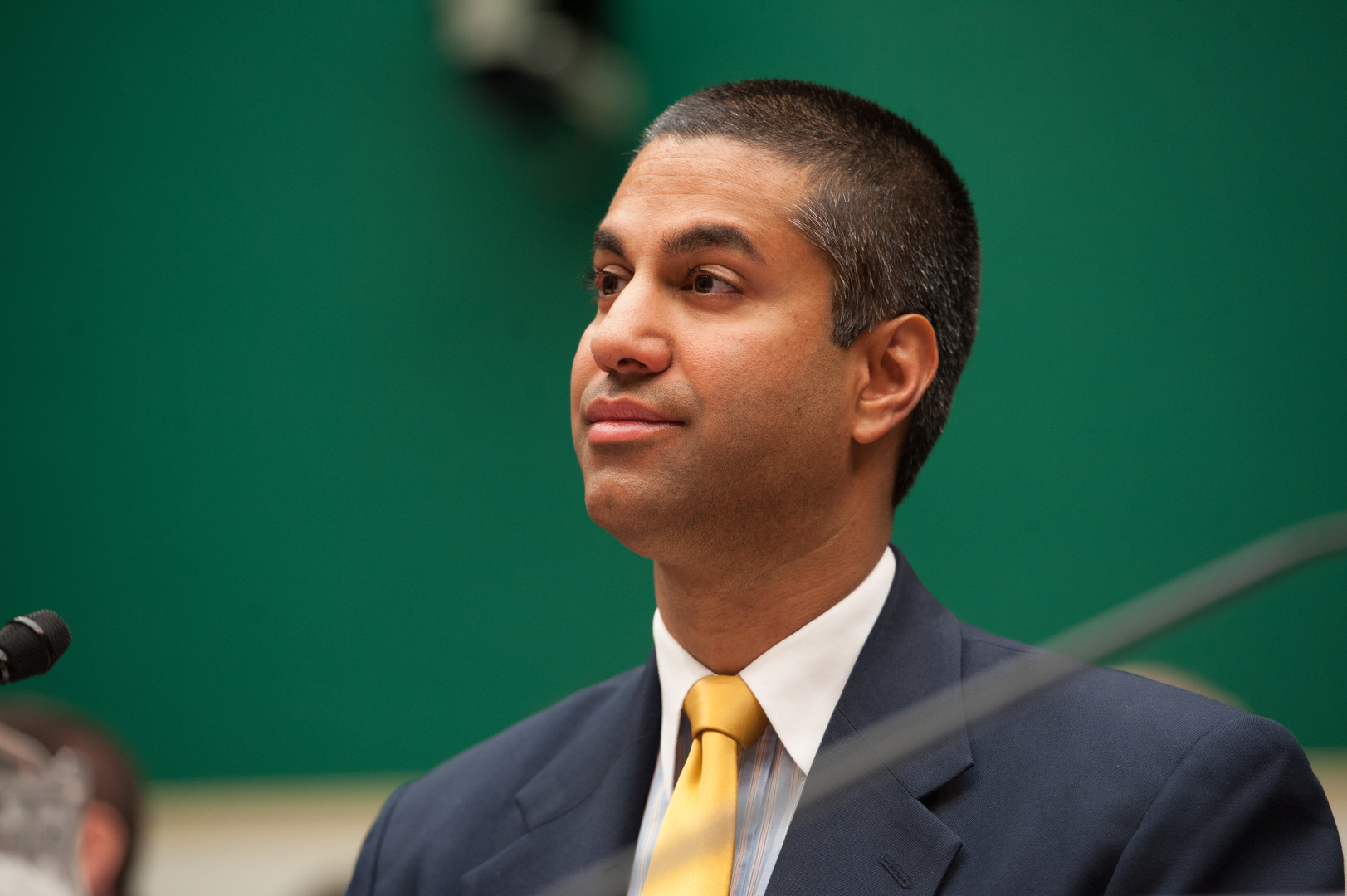February 23, 2017 at 2:57 pm ET
- Share on Facebook
- Share on Twitter
- Share on LinkedIn
- E-mail to a friend



The Federal Communications Commission on Thursday finalized the exemption allowing small internet service providers to ignore enhanced transparency requirements, with the two Republican commissioners voting for the order over the vociferous objection of Democratic Commissioner Mignon Clyburn.
The exemption allows ISPs with fewer than 250,000 subscribers to forgo complying with additional transparency requirements mandated under the 2015 Open Internet order. Smaller ISPs say the cost of collecting that data is onerous and disproportionately affects their business.
Republican Chairman Ajit Pai hailed the order exempting small ISPs from transparency requirements as one that will help consumers, noting it was consistent with legislation passed on a voice vote in the House last month. Clyburn strongly dissented, calling the order “yet another in a series of steps being taken to jettison pro-consumer initiatives.”
Both Pai and Clyburn said they’d tried, and failed, to secure a last-minute compromise on the issue. In a statement, a spokesperson for Clyburn explained that Pai had offered to require small ISPs to disclose commercial terms to consumers in exchange for raising the threshold for small ISPs to 500,000 subscribers.
“Commissioner Clyburn could simply not support a proposal that would have potentially left millions of additional consumers without transparency protections,” the spokesperson said, adding that three counteroffers proposed by Clyburn were declined by Pai.
Pai also discussed the broader net neutrality rules and the future of the FCC’s 2015 Open Internet Order, saying the agency is still deliberating on the next steps. He said they are in discussions with Democrats and Republicans in Congress and are assessing the “legal landscape” of the regulations.
Morning Consult reported in December that an effort to roll back the net neutrality rules would require a lengthy process and could face legal scrutiny, as the FCC would have to provide new market evidence to explain why it is going back on rules passed two years ago.
“That’s part of what we’re trying to figure out, is what the lay of the land is in terms of the legal landscape as well,” Pai said in a response to a question about that story, declining to detail which parts of the order the commission has concerns about.
Assessing the legal landscape includes the current legal challenges facing the Open Internet order. Broadband industry groups, including USTelecom, have submitted a request to the U.S. Court of Appeals for the D.C. Circuit for the entire court to review a three-judge panel’s June 2016 ruling that upheld the net neutrality rules.
Pai said waiting for the decision to review the decision is “just one of the factors” going into the FCC’s decision. Pai also said he and others at the agency have been “meeting with members of Congress both sides of the aisle to hear their views about this issue.”
House Energy and Commerce Communications and Technology Subcommittee Chairman Marsha Blackburn (R-Tenn.) has said she wants to let the FCC make the first move on the net neutrality rules. Pai said the FCC has been in touch with Blackburn and has “heard her out,” but it hasn’t made its decision on whether it will move first.